It has a diverse linguistic landscape
While the main language spoken in Saxony, is, unsurprisingly, German, the Free State is also home to numerous dialects and another, officially recognised language.
The Sorbian language belongs to the family of West Slavic languages and is most widely spoken in the Lausitz region of Saxony. Both the language and culture are protected by special laws. Cities and villages in eastern Saxony with a significant number of Sorbian residents have bilingual street signs, and administrative offices provide services in both German and Sorbian.
READ ALSO: EXPLAINED: What to know about languages and dialects in Germany
Saxony is also characterised by a variety of distinct dialects. The most notable is Sächsisch, the Saxon dialect, known for its unique pronunciation, vocabulary, and expressions. However, Saxony is also home to various sub-dialects, including Obersächsisch (Upper Saxon) spoken around Leipzig and Dresden, Erzgebirgisch in the Ore Mountains, and Lausitzisch in the Lusatian region.
It revolutionised coffee
Any caffeine fans should be grateful to Saxony for instigating a revolution in the history of coffee consumption.
In 1908, frustrated with the bitter taste and sediment often found in traditional coffee brewing methods, Dresden housewife Melitta Bentz decided to find a solution.
Using a brass pot from her husband’s workshop, she punctured the bottom with a nail, lined it with blotting paper from her son’s school notebook, and thus created the world’s first coffee filter. This simple but ingenious idea allowed hot water to drip through the coffee grounds and the paper, resulting in a cleaner and more flavourful cup of coffee without the unwanted sediment.
Melitta and her husband Hugo then founded the company “Melitta” to manufacture and distribute coffee filters and related products. Their business quickly gained popularity, and by 1912, they were granted a patent for the coffee filter and brewing method.
It gave birth to the first Ampelwoman
Another pioneering female from the Saxon region is the one who tells pedestrians whether or not they can cross the road.
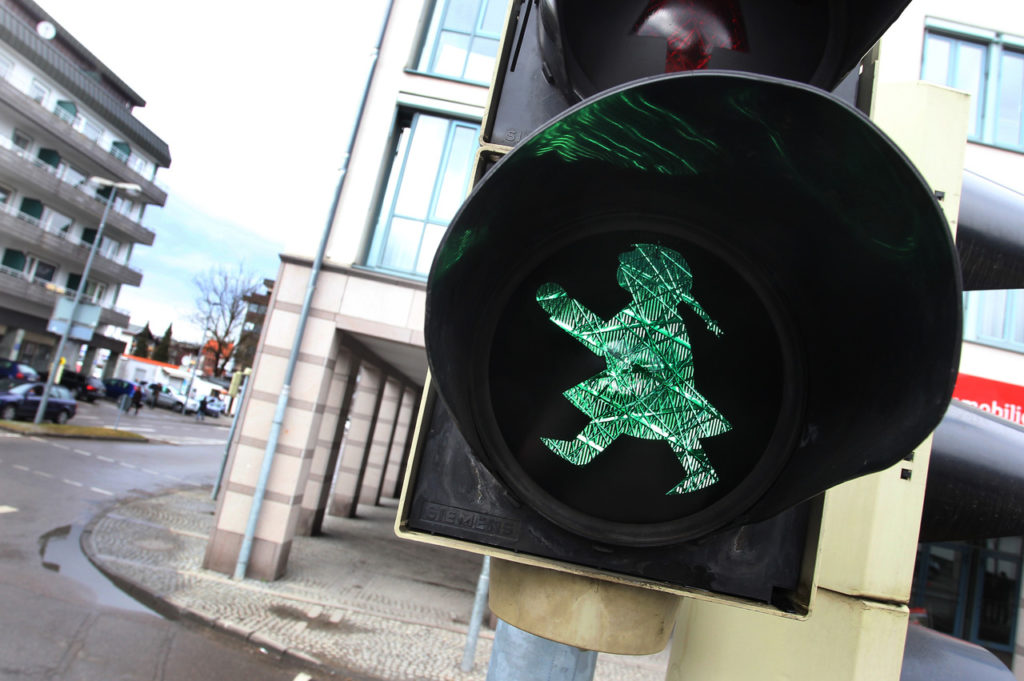
Die Ampelfrau (Traffic light woman) was the first of her kind when she was introduced in the Saxon city of Zwickau in 2004, to bring more diversity to street lamps. Another Saxon city – Dresden – is now the city in Germany with the most female light signals.
It’s home to the new Berlin
Leipzig has often been referred to as “the new Berlin” due to its vibrant arts and cultural scene, lower living costs, and growing reputation as a creative hub. Over the past couple of decades, Leipzig has seen significant urban revitalisation and a surge in creative and entrepreneurial activities.
READ ALSO: Nine reasons why Leipzig lives up to its hype
But being a hub of creativity is not completely new for Leipzig; it has been a cultural epicentre for centuries. It’s renowned for its role in classical music and literature, having been home to Johann Sebastian Bach and Johann Wolfgang von Goethe.
It’s one of Germany’s tech hotspots
In recent years, Saxony has earned the nickname ‘Silicon Saxony’ due to its emergence as a dynamic environment for high-tech companies and research institutes.
READ ALSO: How east Germany’s Dresden gave birth to ‘Silicon Saxony’
Drawing a parallel with California’s Silicon Valley, synonymous with tech innovation, Silicon Saxony has grown to become a leading European tech hub, specialising in semiconductor manufacturing, chip design, and advanced electronics.
Its origins lie in integrated circuit research during the GDR era, evolving into research centres that laid the foundation for its present-day position as a tech hub.
It’s a Hollywood favourite
The well-preserved, picturesque architecture in the town of Görlitz in the far east of the state, near the Polish border, has made it a sought-after location for many Hollywood filmmakers.
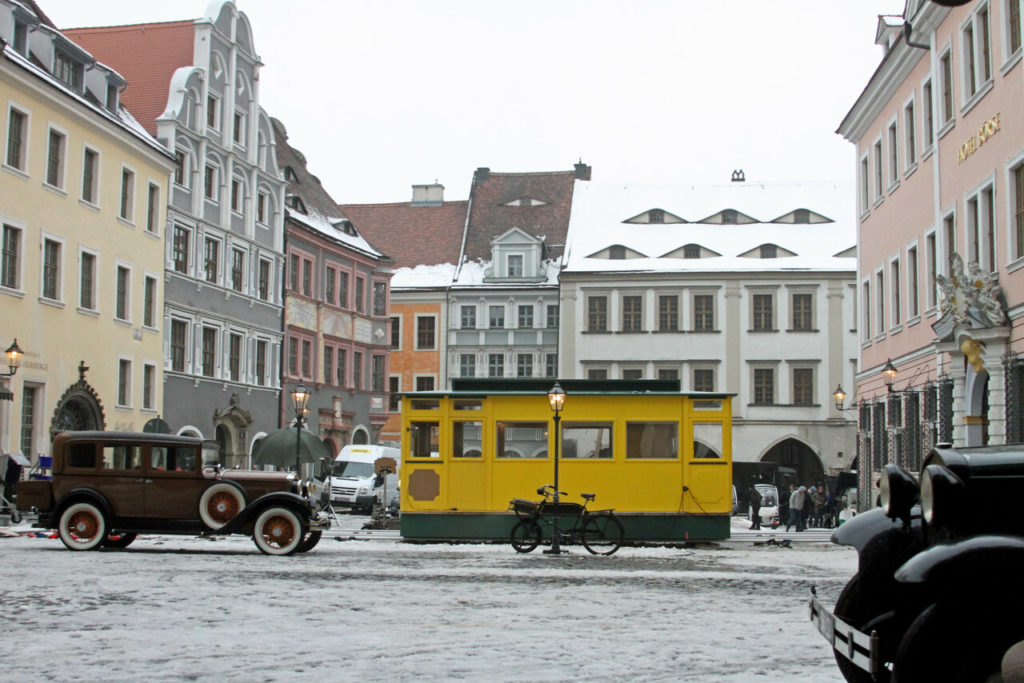
It’s served as a backdrop for numerous Hollywood films, including scenes from “Inglourious Basterds,” “The Grand Budapest Hotel,” and “The Reader”.
It pioneered the study of psychology
While pioneering in the realm of psychology was largely spearheaded by Austrian Sigmund Freud, psychology as a field of academic study was first established at the University of Leipzig in 1879 by Wilhelm Maximilian Wundt.
He created the first institute for experimental psychology with a systematic research programme and his research questions, ideas, concepts, and findings continue to inspire students of the subject until this day.
It’s home to the world’s oldest Christmas Market
The world’s oldest Christmas market is believed to be the Striezelmarkt in Dresden, Germany which, dating back to 1434 has a long history of bringing holiday cheer to its visitors.
It takes its name from Striezel, which is a type of Christmas cake similar to the modern-day Stollen. The market is known for its festive atmosphere, traditional crafts, and holiday treats.
It has a rival to the leaning tower of Pisa
While the wonky landmark of Pisa may be known worldwide, Saxony has its very own leaning tower.
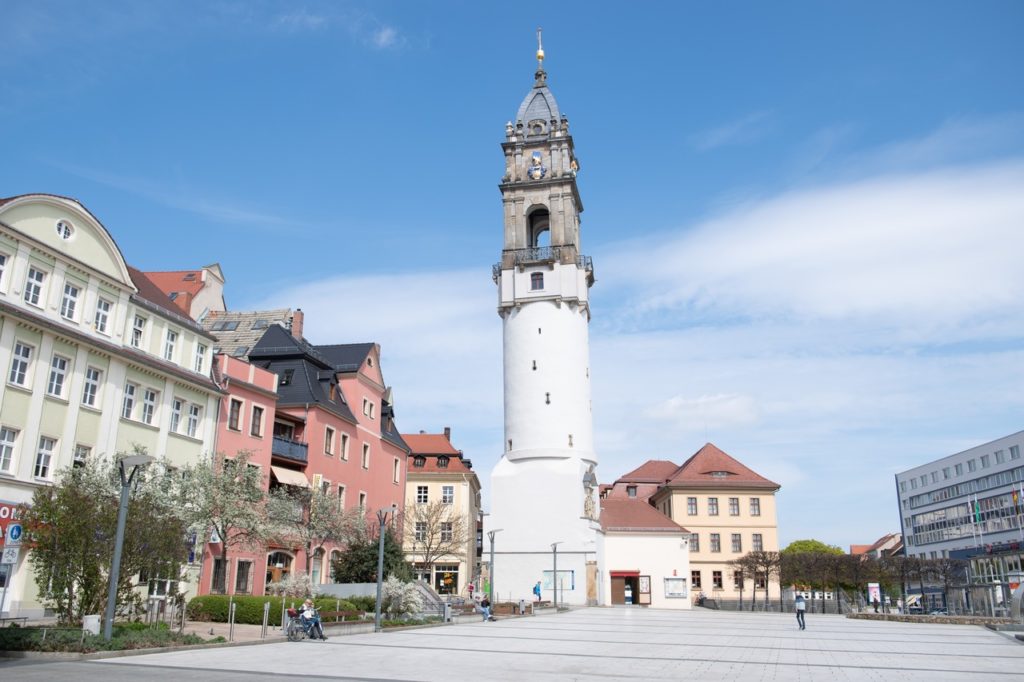
The Reichenturm in the city of Bauzen is nicknamed “The Leaning Tower of Bautzen”, because it has slopes slightly to the northwest. But despite the slight slant, visitors can still enjoy a wonderful view of the old town from the tower’s observation deck.
It’s the birthplace of the Kleingarten
Germany’s hugely popular Kleingärten – allotments – were first introduced in the city of Leipzig.
Led by figures like Karl Fröbel, Leipzig introduced the idea of Schrebergaerten, providing small plots of land for gardening and recreation, initially for children and later expanding to adults for those living in increasingly urban areas with no access to their own green space.

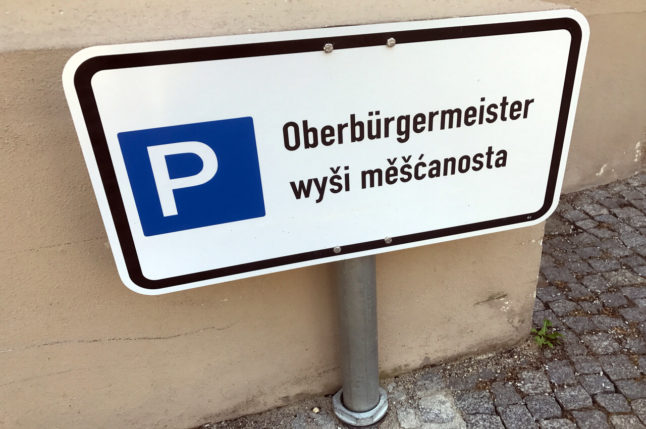
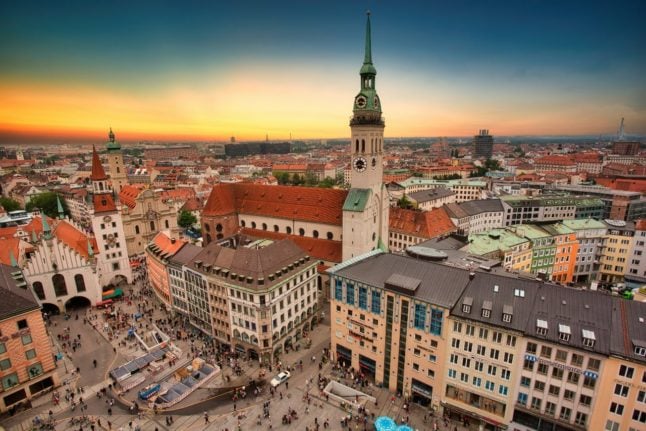

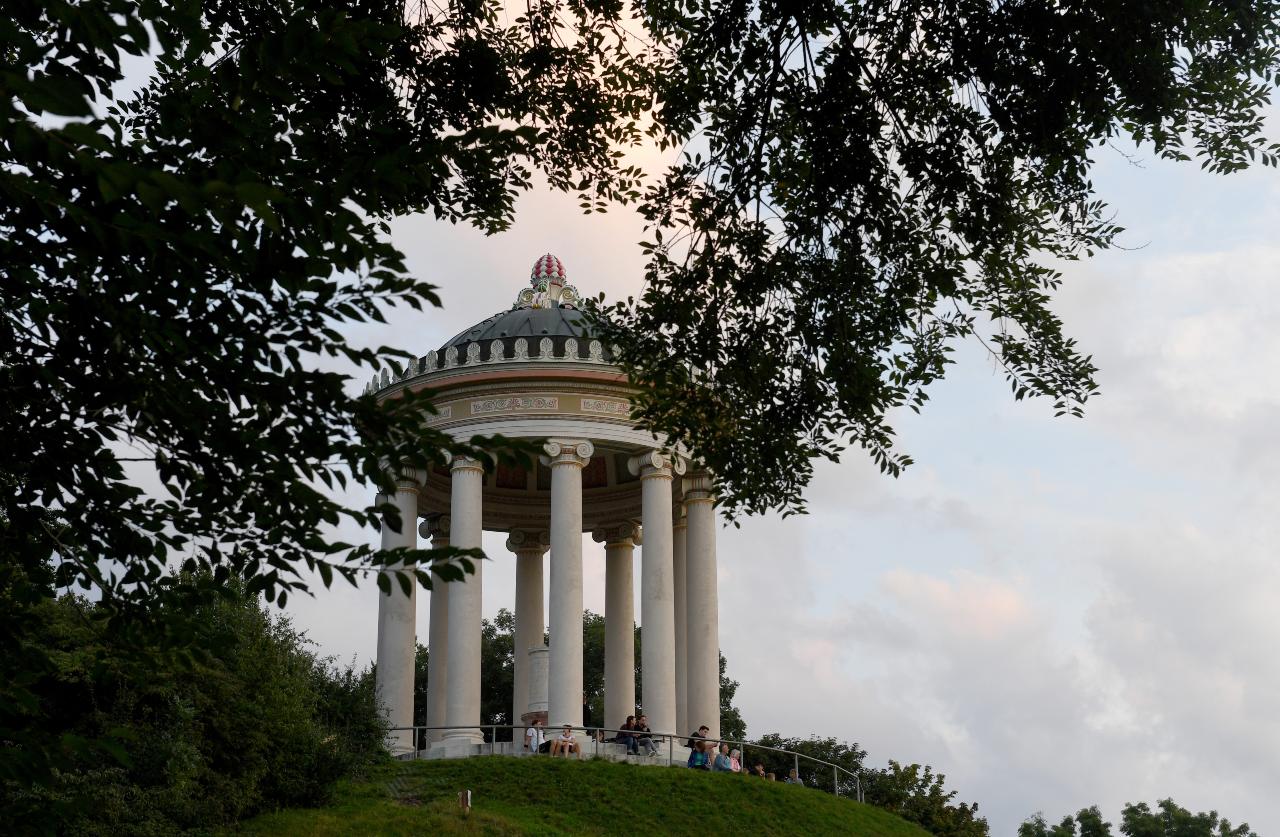
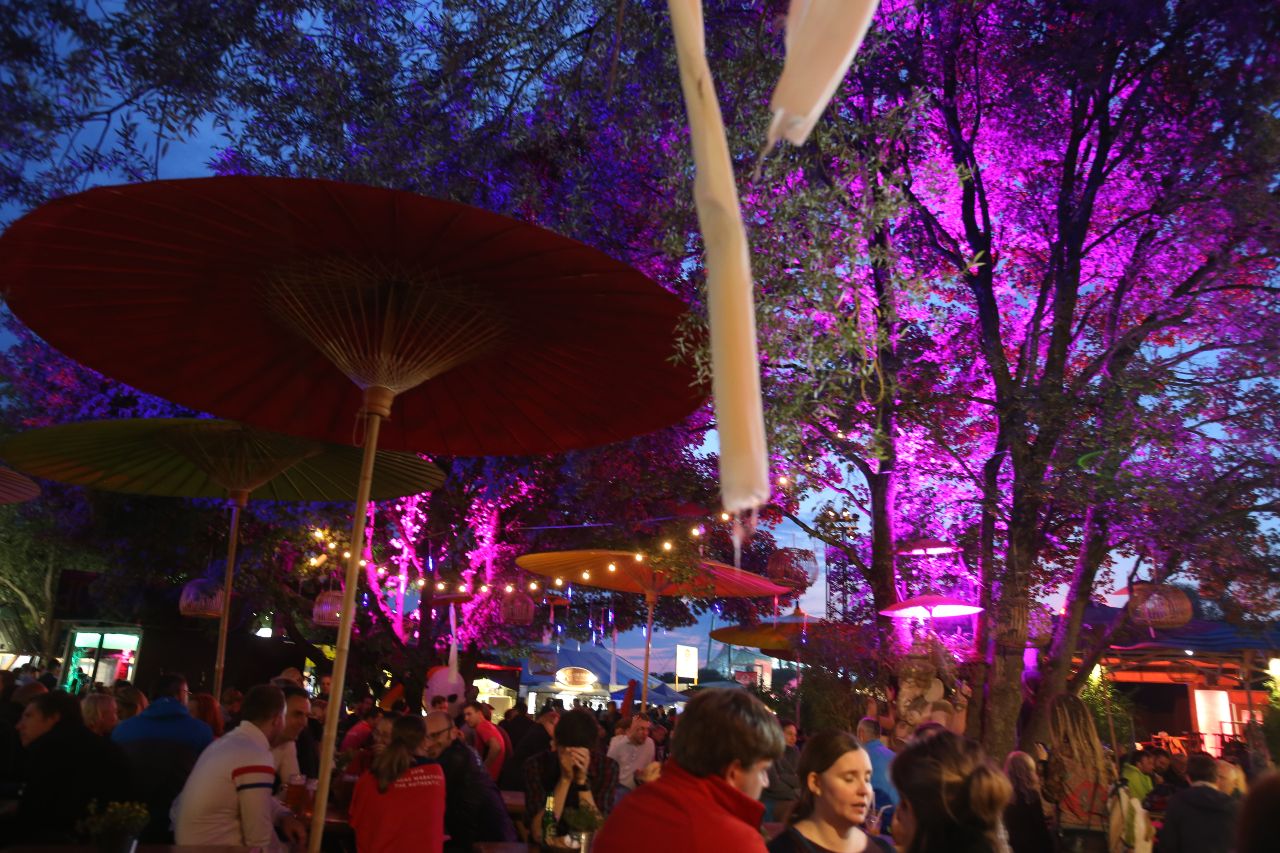
 Please whitelist us to continue reading.
Please whitelist us to continue reading.
Member comments